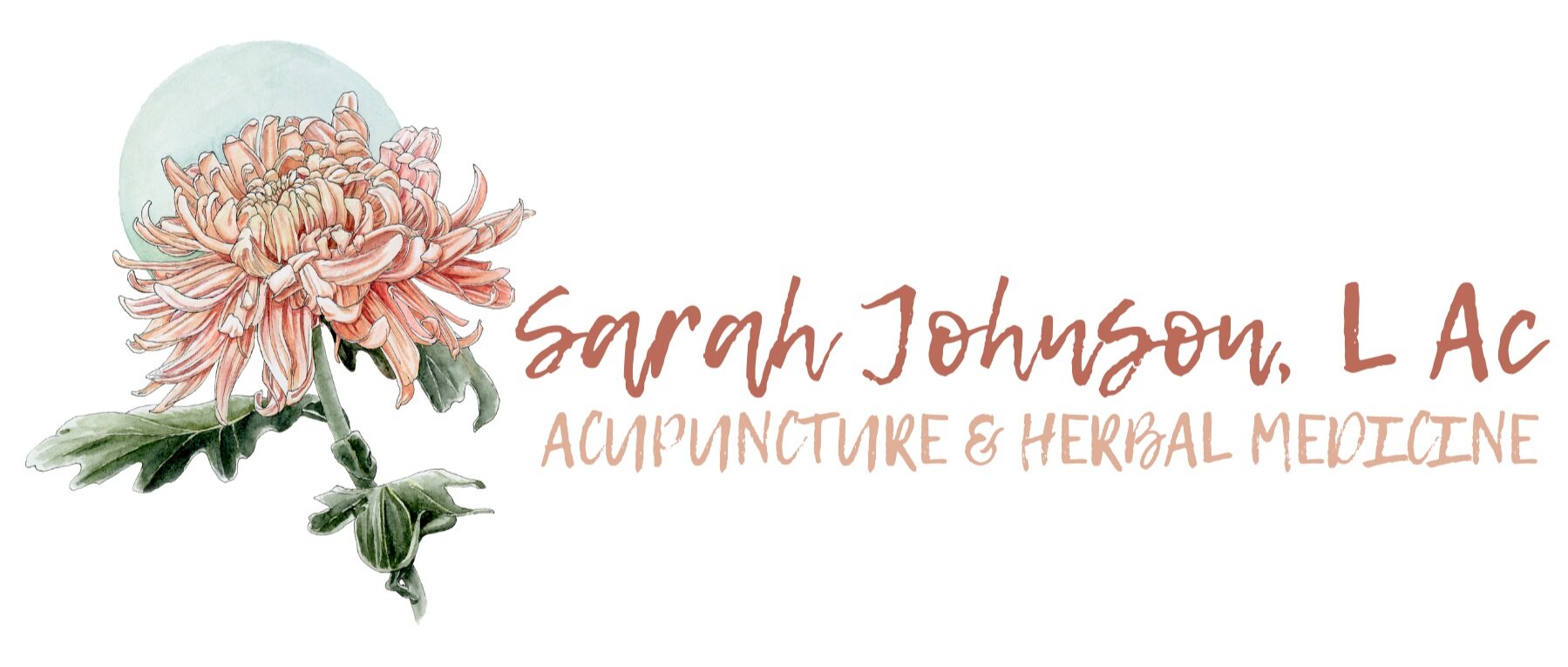The Meditative Effects of Acupuncture
The meditation trend is growing all over Austin with all kinds of groups and classes, as well as numerous meditation apps we can download to our phones. This increase in practicing mindfulness is a good thing as this city has experienced a significant amount of growth over the past several years and can feel like a more crowded and busy place. We can all benefit from recognizing how chaotic the mind can get and practice taking it to a more still and quiet place. Meditation is good for your mind, body, and soul, and guess what, if you find meditation difficult or aren’t finding the right time and space, acupuncture can help you get to a meditative state.
Both meditation and acupuncture work on the parasympathetic nervous system. This is the part of the nervous system responsible for the “rest and digest” response of the body which we experience when we are in relaxation mode. It causes muscles to relax, heart rate to decrease, and helps to maintain homeostasis in the body. Here is a list of some of the things meditation and acupuncture have in common by working on this part of the nervous system:
They Reduce stress
Both Help Control anxiety
They Help With Better Sleep
They Help Control Chronic Pain
They Can Lower Blood Pressure
They help Promote Emotional Health
Both can Help with Addiction
Over the years, I have also noticed how nicely acupuncture and meditation complement each other. People frequently report how they get to that ethereal place between sleep and consciousness. When I enter a treatment room at the end of someone’s session, there is a different feeling than when I left. A calm peace has settled into the room and the air feels lighter. My patient is most likely to carry this peaceful energy with them for the rest of the day. There are some other simple things you can do regularly to help you with your inner calm.
Mindfulness
Meditations isn’t necessarily about “not thinking.” Thoughts will come and go as you try to calm your mind. Instead of letting your mind shoot out in all directions, try to bring a wandering mind back to the present. This is the act of practicing mindfulness. You can teach yourself to do this instead of creating stories in your head about future possibilities, which can easily spin out of control and create anxiety. Work on stopping and bringing yourself back to the present, especially when you are feeling overwhelmed. There are books about practicing mindfulness, such as Mindfulness for Beginners by Jon Kabat-Zinn and Mindfulness: A Practical Guide to Awakening by Joseph Goldstein if you want a little help with this.
Breath
Take time to focus on breathing. Take some deep breaths in and let them out slowly. Awareness of the breath is one of the basic tools of meditation and can help settle the sympathetic nervous system, also known as the “fight or flight” part of the nervous system. In Eastern Medicine, breathing helps to move your Qi. Moving your qi is essential for mind and body.
Body Scan
I like doing these lying down, but you can just as easily do one sitting at your desk at work. Start at the head and work your way down your body. Start by relaxing your brow, face, and jaw. Drop your shoulders and open your hands. Relax your thighs, glutes, and legs. Doing this scan can help you identify where you hold tension and gives you the opportunity to release it.
If you’re looking for a teacher to help guide you through a meditation session, many yoga studios have classes now. If you have a yoga studio that you like, check their schedule. Here are some links for classes around Austin as well.. Bfree Yoga, Austin Shambhala Meditation Center , The Yoga Meditation Group, Meditation Bar, and The Kadampa Meditation Center. As I mentioned before, there are some great apps you can use which can help you in your practice and also help you track your progress. I’ve used Headspace in the past, but maybe you’ll find one that you like better from this article in the Oprah Magazine. If you would like to feel the meditative effects of acupuncture, book an appointment! Or if you would like some additional information about acupuncture and how you might benefit from it, feel free to contact me with questions.


